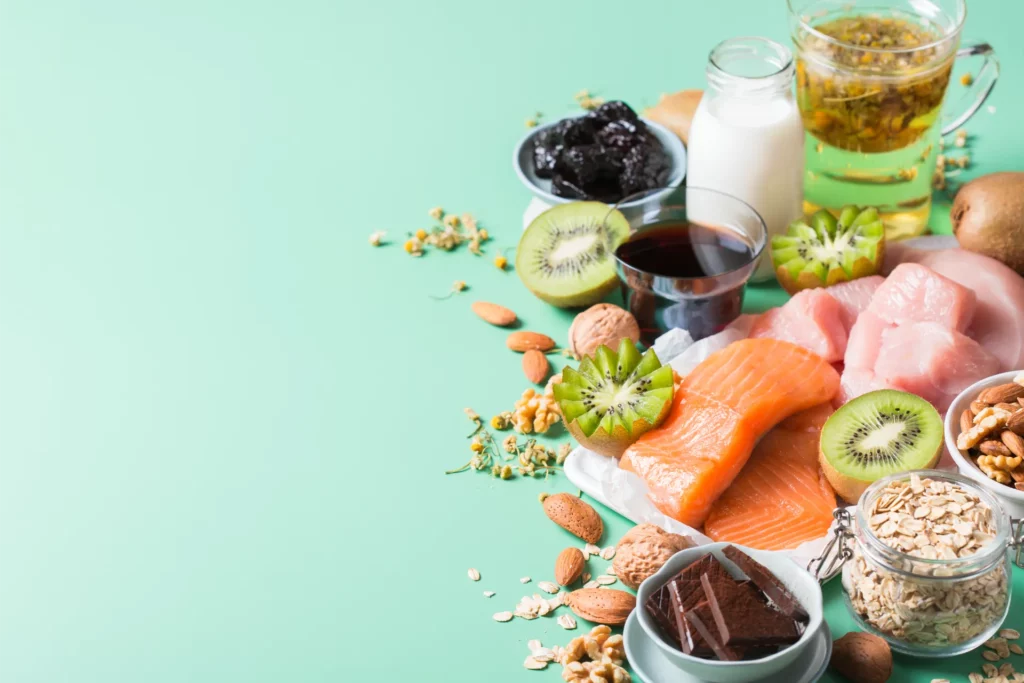Telling fact from fiction in the nutrition world these days is akin to trying to see in the dark. The information out there is confusing, oversimplified and often based on a one-size-fits-all approach.
Some of these myths can be very hard to unlearn, particularly for those struggling with disordered or emotional eating. However, these myths can lead to limiting beliefs around health and can really hold us back.
Below are just a few examples of the myths out there.
Everyone Should Be Gluten and Dairy-Free
While some individuals may have sensitivities or allergies (people with coeliac disease should absolutely steer clear of gluten), not everyone needs to avoid them. In fact, these food groups offer valuable nutrients, including essential vitamins, minerals, protein, and fibre. Additionally, the gluten/dairy free versions of foods can be highly processed.
Low-Calorie Options Are Always Better
Many low-calorie options are packed with artificial ingredients, are highly processed and lack the nutrients your body needs.
They also offer very little in terms of appetite regulation. They don’t balance your blood sugar levels well and are unlikely to contain anything that promotes satiety.
Fats Are the Enemy
Our bodies need healthy fats for optimal function. Avocado, nuts, seeds and olive oil are examples of fantastic sources of monounsaturated fats that support heart health. Omega-3 fatty acids found in fatty fish like salmon are crucial for brain function.
Some vitamins are fat soluble and require fats to be absorbed (such as vitamins A, D, E and K). This is because they are stored in the body’s fatty tissues and the liver.
Carbohydrates Are the Enemy Too
Carbohydrates are the body’s primary energy source, fuelling various physiological processes. When consumed, they break down into glucose, supplying quick energy for cells. Crucially, glucose is the preferred fuel for the brain, powering cognitive functions and, as the brain lacks energy reserves, it relies on a steady supply of glucose from the bloodstream.
Whole grains, fruits, and vegetables are excellent sources of complex carbohydrates, providing energy and essential nutrients. Avoiding these can mean that we aren’t providing the body with enough fibre and may be depriving you of nutrients.
Calories in/calories out is the only way to lose fat
This method oversimplifies the complex nature of human metabolism, neglects the quality of nutrients consumed and can have an adverse impact on our relationship with food.
Not all calories are equal. Nutrient-dense foods contribute differently to overall health and can sometimes be higher in calories. Additionally, individual metabolic rates, hormonal factors, the body’s response to various foods and appetite regulation vary widely and so it is unlikely to be accurate.
Fat loss and health should be about abundance, not restriction.
Transforming your nutrition journey involves separating fact from fiction and may require unlearning some of these myths. It’s about making informed choices that align with your unique bio-individuality. Remember, what works for one person may not work for another.
If you are struggling on your health journey or don’t know where to start, please reach out and we can have a chat.
sarah@healthinmotiononline.co.uk

